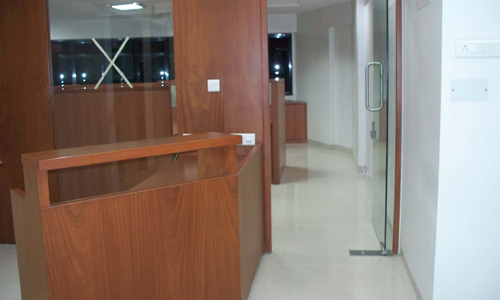
Jones Lang LaSalle report examines how companies are using CRE to drive the bottom line
Understanding cultural differences is the key to successful workplace change programs in Asia, according to a new report from Jones Lang LaSalle.

Understanding cultural differences is the key to successful workplace change programs in Asia, according to a new report from Jones Lang LaSalle.

Singapore-listed technology park developer Ascendas is close to acquire an IT Special Economic Zone of Shriram Properties in Chennai for about Rs 500 crore, said banking sources close to the development. Ascendas, which owns a string of business parks in India, is said to have pipped competing offers from other global investors Tishmen Speyer, Xander Group and Mapletree, a real estate arm of Temasek.
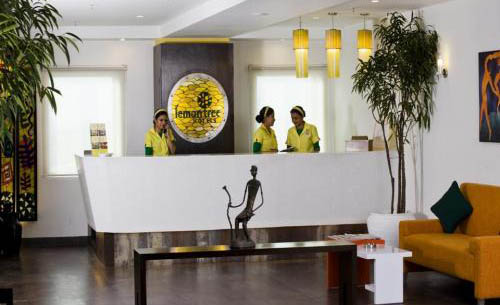
It is not just real estate developers and national & international hospitality majors, but several high net worth individuals and business groups from sectors like auto, petroleum and telecom have grabbed hospitality assets, marking a strategic trend shift. Track2Realty analyses how opportunities and roadblocks co-exist in the hospitality, thus making it an interesting sector where there is room for everyone to grow.

Does it reflect a disconnect in the luxury housing where demand of high-end units is 16% but supply is as high as 80%? “Not Really.” says Anmol Haval DGM, Sales & Marketing of City Corporation Limited (CCL) which has launched ‘Sweet Water Villas’, an exclusive project of limited edition villas at ‘Amanora’, the first integrated township being developed under the special township policy of Government of Maharashtra.
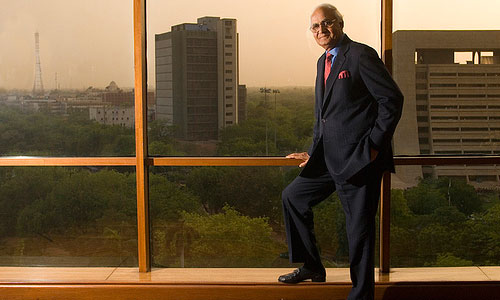
DLF’s Chairman, K.P. Singh, has been conferred the “Indian Business Leader of the Year” award by Horasis: The Global Visions Community — an independent organisation that promotes sustainable future.

Indian realty firm Synergy Property Development Services Ltd bagged, through international bidding, a $153-million township development project in the central African country of Rwanda.

Jones Lang LaSalle India has appointed Anurag Mathur as CEO – Project & Development Services and Head – Emerging Businesses. He was formerly Managing Director at Cushman & Wakefield, where he led pan-India operations. Anurag Mathur brings with him eighteen years of hands-on experience in diverse real estate services.
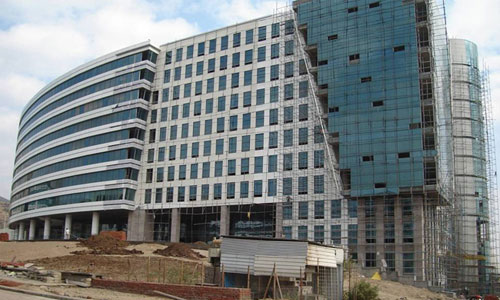
SEZ was originally conceived on the premises that it will be like an “Island of Excellence” with world class infrastructure available to the user at globally competitive prices. It was aimed to assist both Indian entrepreneurs as well as global investors wanting to set up their manufacturing and services bases inIndia.
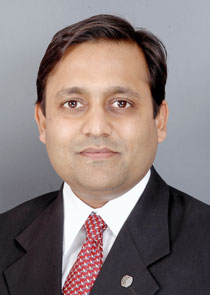
Over the last year, there has been an unequivocal crystallization of Indian cities that continue to attract serious investment into real estate. This is directly correlated to the economic dynamics now working in the country. If India is to achieve even a conservative GDP growth of 6% per year, it emerges that only three cities – Mumbai, Delhi and Bangalore – have the potential to deliver. The reason for this is that close to 2/3rd of the overall development of office space in the country is now taking place in Mumbai, Delhi and Bangalore.

There was no holistic planning for SEZs to position them strategically for being complementary to each other and serving their own market niches respectively. The Ministry of Commerce that provides in-principle approvals to new SEZs on the basis of pre-feasibility reports being submitted by the respective state governments, soon seem to have lost its monitoring mechanism. Secondly, the SEZ was not synchronized with other schemes for development of specialized industrial parks.
